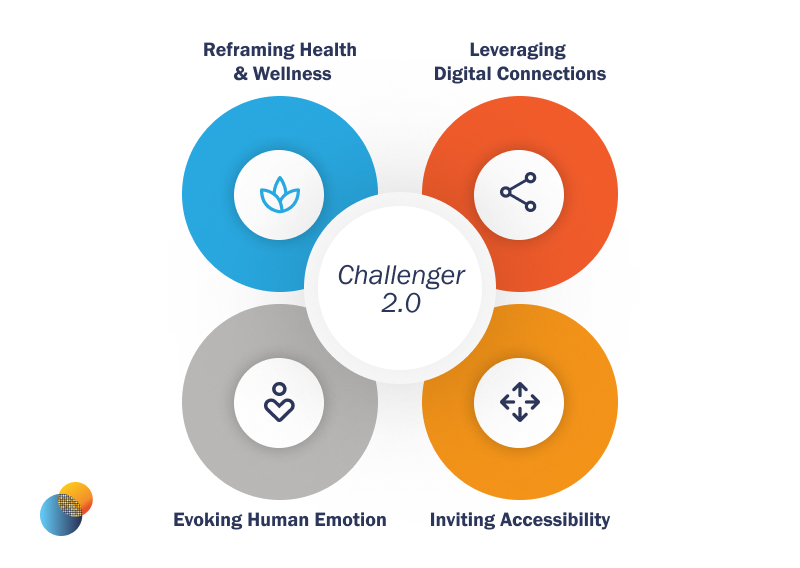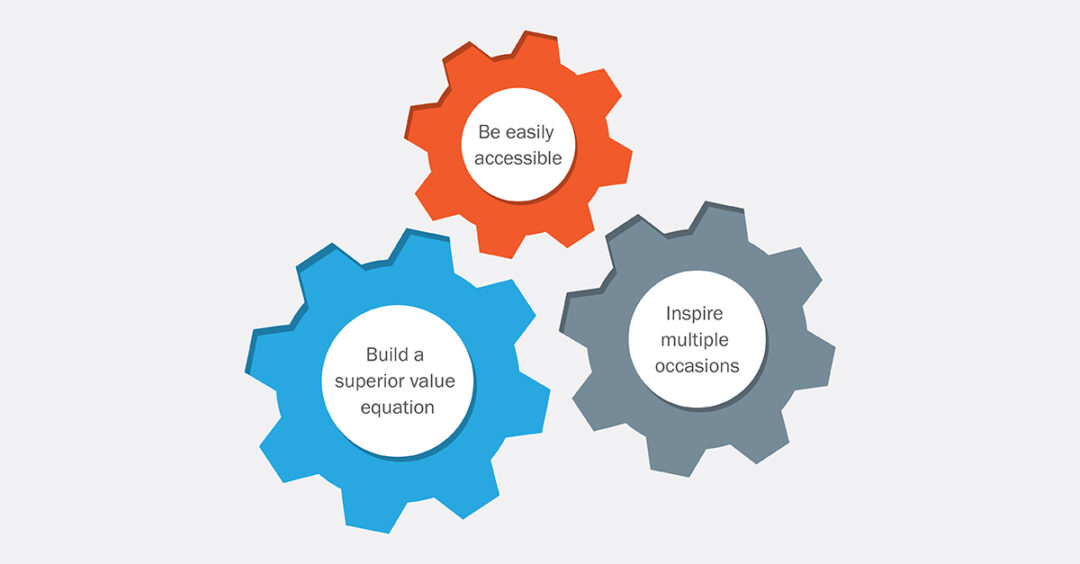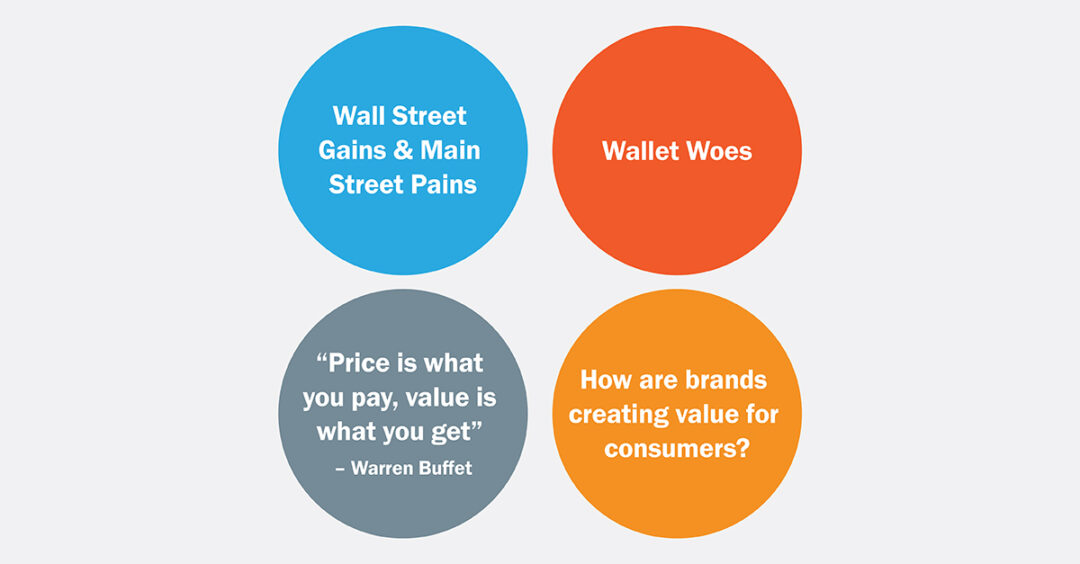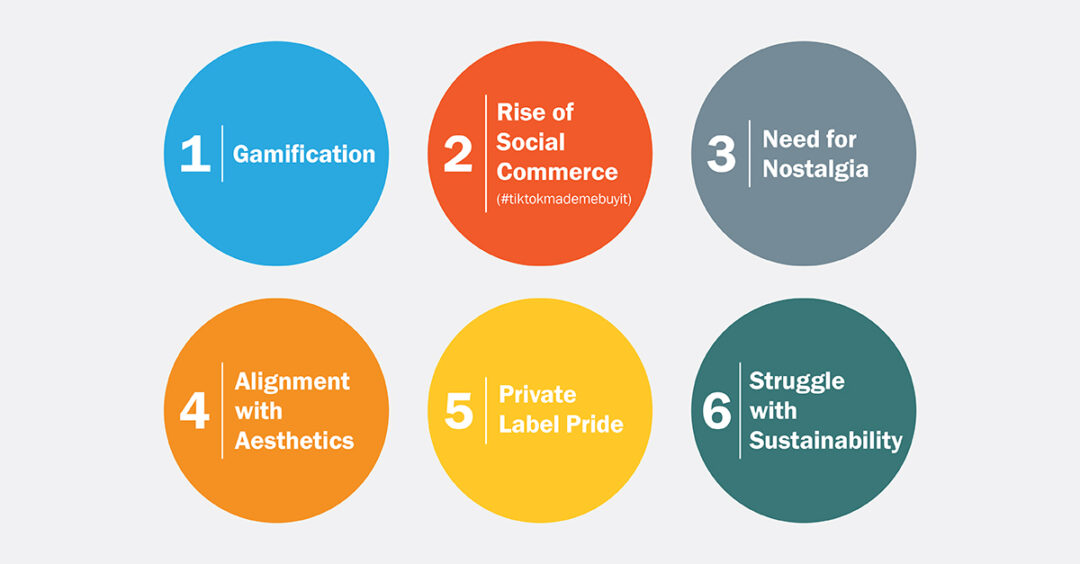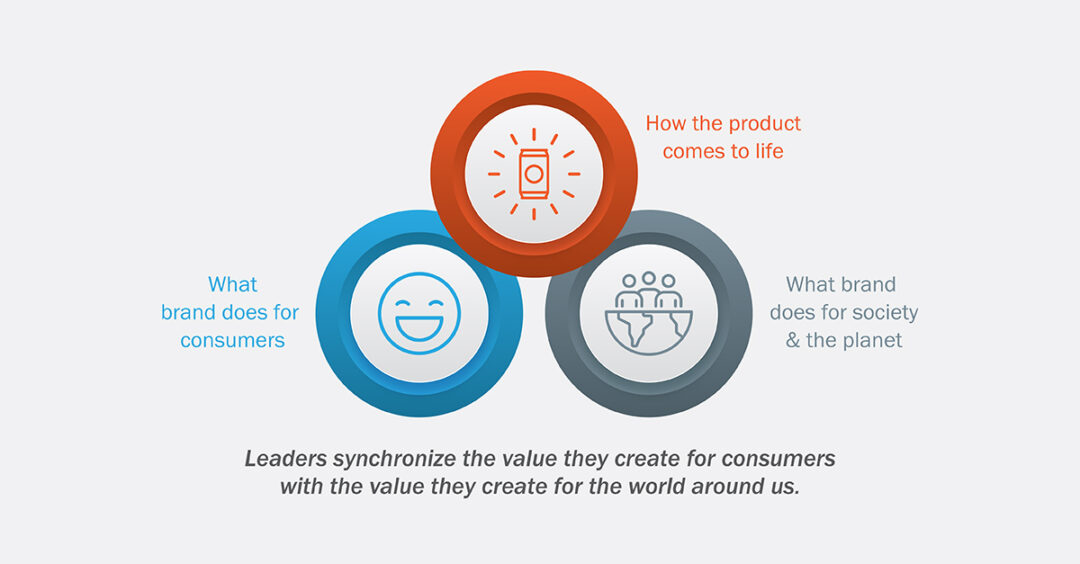Top 10 Female-Founded Challenger Brands
In Celebration of International Women’s Day 2020
Introduction
In 2011, Jessica Alba founded the Honest Company with the aim of disrupting categories where modern-minded women haven’t been able to find clean, safe and trusted solutions for their families. Alba created the brand with the following belief: “You shouldn’t have to choose between what works and what’s good for you,” which empowered women to expect better products for themselves, without compromise. Today, the Honest Company is on a path to becoming a Billion-dollar global brand. Alba is still Chairwoman of the Board and reflects what the brand stands for in her personal lifestyle and values.
At the Seurat Group, we admire the founder’s journey and strive to support female founders, like Alba, who are challenging conventional consumer categories and leading a business revolution. For this International Women’s Day 2020, we are celebrating 10 female-founded brands delighting consumers with not just their products, but with what these brands ultimately stand for: female empowerment. Alongside the Honest Company, we would like to highlight 9 other female-founded brands showcasing disruptive mentalities, and inspirational success!


Purely Elizabeth
Elizabeth Stein was a nutritionist who wanted to recommend anti-inflammatory, gluten-free diets to her clients, yet felt hampered because she couldn’t point to any products she could endorse. From there, Stein turned to her kitchen, and Purely Elizabeth was born. Business boomed dramatically; she hoped for merely 20 orders upon launching the company. She got 10,000 in the first 3 hours! Today, Purely Elizabeth remains a healthier alternative to traditional granolas and bars. But, Stein says, “I’ve always envisioned Purely Elizabeth as a bigger lifestyle brand.” She has released a cookbook, expanded into categories from oatmeal to body scrubs, and continues to be an innovator in the healthy products community.

Beautycounter
When Gregg Renfrew launched Beautycounter in 2013, her single focus was to create transparency and safety in the personal care industry: “I wanted to create a safer and healthier place for my children, family, and ultimately everyone in the world.” The US remains dramatically behind the EU in banning harmful substances from the skincare industry (having only banned ~30 ingredients to date, compared to nearly 1,800 in the EU). Beautycounter has barred over 1,500 ingredients and educates consumers on the reasons for this standard. Beautycounter has also galvanized the safe product movement through community selling, uniquely connecting the brand story with Consultants selling on its behalf.

Talea Beer Co.
Talea Beer Company is named after its co-founders Tara Hankinson and LeAnn Darland, and their company’s target is someone who does not like beer. How do they do that? They don’t mimic the time-honored traditional brewers that dominate the mainstream landscape. Talea’s ‘flavored’ offers don’t feature a hint of (artificial) lime or berry; rather, they’ve reengineered the craft process to create delicious, boundary pushing offers with milk and fruit sugar. Their approach is grounded in meeting a need – over 70% of female craft-beer drinkers feel frustrated that brands view them as an afterthought, and Talea is reaching these women with their innovative approach.

Simple Mills
Kaitlin Smith of Simple Mills lives the tale of “you are what you eat.” Due to chronic joint pain, she turned to more natural foods and saw a gap in the market for natural and organic baked goods. The brand started from humble beginnings in 2013 when Smith was baking the product’s muffin mixes and taking samples to each Whole Foods store in Atlanta. Today, Simple Mills has an extensive product portfolio, and Smith has been named a Forbes 30 under 30. She attributes her success to disrupting a category in decline – the baking aisle. “If it’s easier and tastier, people will eat differently, and as a result will be able to do more with their lives.”

Fur
Laura Schubert and Lillian Tung are the co-founders of fur, the first for-women brand focused on body, hair and skin. Both have one goal in common: “We are on a mission to remaster how people feel about body hair and to remove the shame many people have around their bodies.” Their hero product “Fur Oil” is meant to clear pores and soften and reduce ingrown hair, resulting in healthier skin. Fur products have premium distribution in upscale boutiques like Free People and Kith, as well as spas and salons. The brand receives incredible love online due to celebrity endorsements from the likes of Emma Watson, as well as influencers and general beauty care users, who appreciate the overall feminist message and confident tone discussing a traditionally taboo topic.

Miyokos
Miyoko Schinner is the CEO and founder of Miyoko’s Kitchen. She is a chef, an author, and perhaps most importantly, a perspective changer – she is shifting how people think about vegan food and lifestyles. Miyoko has dedicated her life to convincing others there’s a different way to eat. Miyokos launched online in 2014 and has taken off, offering vegan dairy products (cheeses and butters), with the goal of “help(ing) people see the power of their plate in creating a more peaceful, compassionate planet.” Crafted in California wine country, the products aren’t just humane, they’re delicious. Award winning products are helping Miyoko take on the $120 B cheese industry one dairy product at a time.

Health-Ade Kombucha
Daina Trout and Vanessa Dew started selling Trout’s first batches of kombucha at Brentwood Farmers Market in 2012. The kombucha sold out. In 2013, when kombucha was still a nascent category, they got distribution in 8 Gelson’s stores as a trial. This unlocked partnerships with distributors like Nature’s Best, propelling Health-Ade to West Coast and eventual nationwide distribution. Health-Ade’s built its brand as the “champion of the happiest and healthiest you.” From humble beginnings at a farmer’s market, Health-Ade is now found in more than 26,000 stores around the nation.

Coolhaus
Natasha Case and Freya Estrella started baking cookies, making ice cream, and combining them into ‘cool houses’ in Los Angeles in 2008. They shared their products with the people of Los Angeles by buying a postal van, and making the trek to debut these ice cream sandwiches at Coachella Music Festival. Coolhaus touts its certified women-owned status, citing that it’s “such an important cause and a challenge our World faces. To change you have to lead by example.” And lead they have. Coolhaus has achieved incredible success in over 7,500 grocery stores across the US, with over 30 offers. Yet, the brand has remained true to its roots: Coolhaus continues its founding tradition with 10 mobile ice cream trucks and carts in LA, NYC, and Dallas.

LOLI Beauty
Tina Hedges of LOLI Beauty is a veteran in building startups. She launched a celebrity haircare brand and a hangover prevention beverage before LOLI. In 2017, Hedges created the idea of “Living Organic Loving Ingredients,” the inspiration behind LOLI. LOLI Beauty is the world’s first zero-waste, organic, and customizable beauty brand. All products are waterless, food-grade, and made with up-cycled, sustainably grown, superfood ingredients. Designed with the sustainability-conscious consumer in mind, even the packaging is compostable. Recently, the Global Cosmetic Industry featured LOLI Beauty as one of the top 30 disruptive beauty brands to watch for in 2020.
Conclusion
We hope you enjoyed learning about these 10 female-founded brands. Please look forward to Part II of this series, where we will highlight the journey of being a female founder in CPG and lessons to be learned. As always, we want to hear from you! If you’d like more information on any of our challenger brand studies, or want to share a brand of your own, please reach out at info@seuratgroup.com. Happy International Women’s Day!



